On the afternoon of November 8, the 2023 Tax - Customs Forum took place with the theme "Digital transformation of the tax and customs sector, creating convenience for people and businesses".
In recent times, the results of digital transformation of the Finance sector have been achieved such as: The electronic tax declaration system has been deployed in 63/63 provinces and cities and 100% of affiliated tax departments. Over 99% of enterprises use electronic tax declaration, payment and refund. In the customs sector, 250 administrative procedures are carried out through the National Single Window mechanism...
The transformation results of the Tax and Customs sectors have effectively contributed to the implementation of budget collection tasks, promoted socio-economic development, contributed to improving the investment and business environment, enhanced local and national competitiveness, and created favorable conditions for people and businesses.
Speaking at the Forum, Mr. Dang Ngoc Minh - Deputy Director of the General Department of Taxation said that the application of information technology (IT) has contributed to building a modern, efficient tax sector and successfully implementing programs and plans to reform administrative procedures.
Implementing the National Digital Transformation by 2025, with a vision to 2030 approved by the Government, the Tax sector has made comprehensive changes in the way it works, bringing all activities of the Tax agency to the digital environment, innovating the operating model, and changing the way it provides services based on digital technology and digital data.
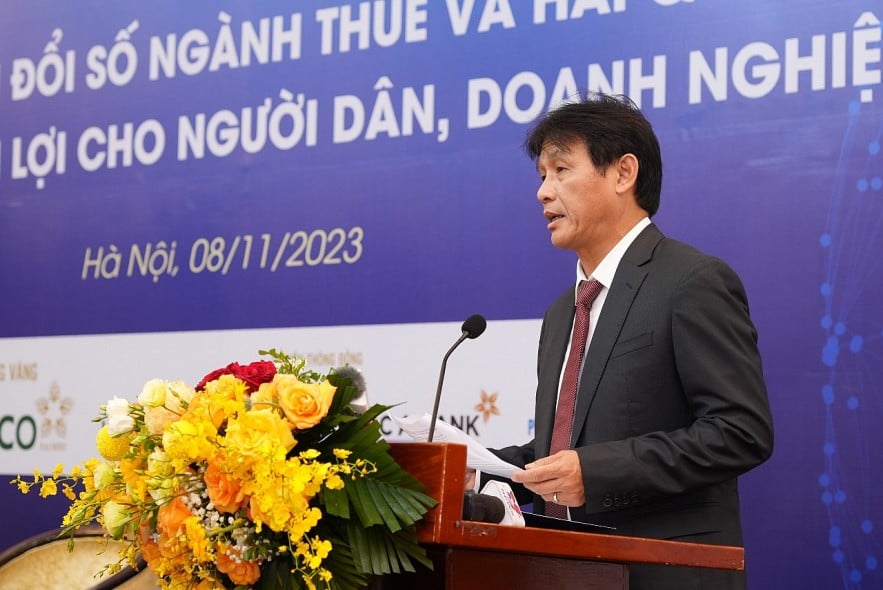
Mr. Dang Ngoc Minh - Deputy Director of General Department of Taxation.
According to Mr. Minh, the Tax sector determines that digital transformation is only truly successful when every citizen and business actively participates and enjoys the benefits that digital transformation brings. Therefore, the Tax sector has been implementing many solutions to promote reform, apply information technology, and modernize tax management.
Specifically, deploying centralized tax management applications TMS, electronic invoices, electronic invoices generated from cash registers; analyzing and classifying risks in tax refunds; applying AI in analyzing the purchase and sale chain on electronic invoices.
Sharing about the digital transformation orientation of the Tax sector in the period of 2021 - 2025, Deputy General Director Dang Ngoc Minh said that the Government has identified digital transformation as a key task that requires the determination of the entire political system, and consistent and synchronous implementation from the central to local levels; digital transformation is the political determination of the leader.
In the coming period, with the strong development of the 4.0 industrial revolution, the Tax sector will have many opportunities and challenges for development. Therefore, to achieve the success of digital transformation of the Tax sector, the Tax sector needs to implement many projects and tasks of applying IT in tax management and comprehensive digital transformation.
Specifically, building a tax database and developing a data analysis and risk management system; expanding electronic tax services; Chatbot to support taxpayers; expanding the digital map of households and individual businesses; building technical infrastructure, security and safety in the direction of digital transformation.
Mr. Nguyen Bac Ha - Head of Membership and Training Department, Vietnam Federation of Commerce and Industry (VCCI) said that appropriate management model reforms, application of science and technology, information technology have created favorable conditions to support people and businesses in completing administrative procedures, reducing the direct transaction process between tax and customs officials and people and businesses, the rate of administrative procedures via online platforms is increasing.
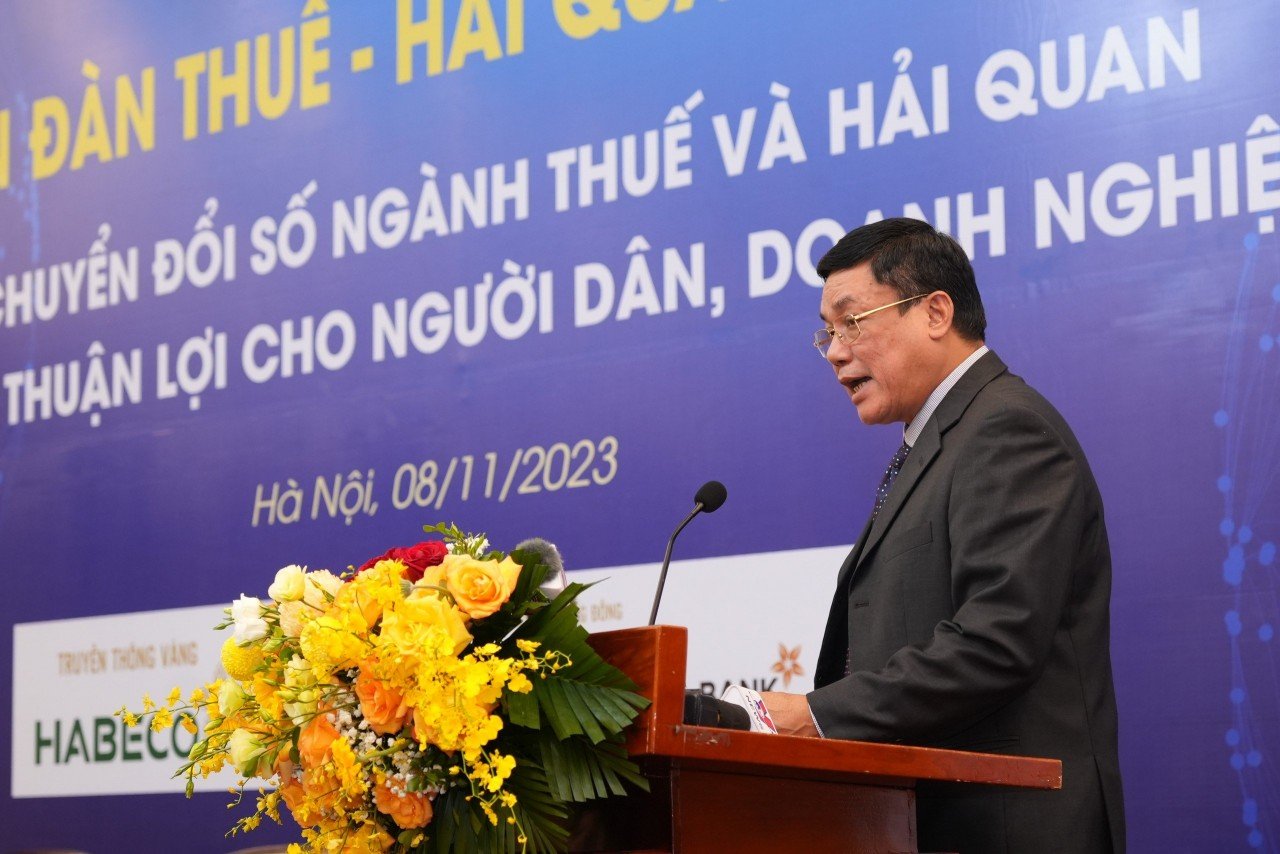
Mr. Nguyen Bac Ha - Head of Membership and Training Department, VCCI.
VCCI representative also assessed that a number of tax and customs officers have been described specific job positions, thereby helping the implementation, evaluation and coordination process to be scientific and clear.
However, digital transformation is still ahead, requiring continuous movement from top-down directions, synchronous technical infrastructure equipment along with corresponding basic legal foundation.
To achieve success in digital transformation of the Tax and Customs sectors, the decisive factors are the attention and close direction of the Government leaders, the Ministry of Finance and the participation of the entire tax and customs system with synchronous solutions from building and perfecting policy documents, operations, organizational structure, management processes to applying information technology in tax and customs management.
Along with that is the companionship of people and businesses in digital transformation, thereby creating a driving force to promote the development and success of digital transformation in the Tax and Customs sectors .
Source


![[Photo] Bus station begins to get crowded welcoming people returning to the capital after 5 days of holiday](https://vstatic.vietnam.vn/vietnam/resource/IMAGE/2025/5/4/c3b37b336a0a450a983a0b09188c2fe6)


![[Photo] Vietnam shines at Paris International Fair 2025 with cultural and culinary colors](https://vstatic.vietnam.vn/vietnam/resource/IMAGE/2025/5/4/74b16c2a197a42eb97597414009d4eb8)
![[Photo] General Secretary To Lam receives Sri Lankan President Anura Kumara Dissanayaka](https://vstatic.vietnam.vn/vietnam/resource/IMAGE/2025/5/4/75feee4ea0c14825819a8b7ad25518d8)

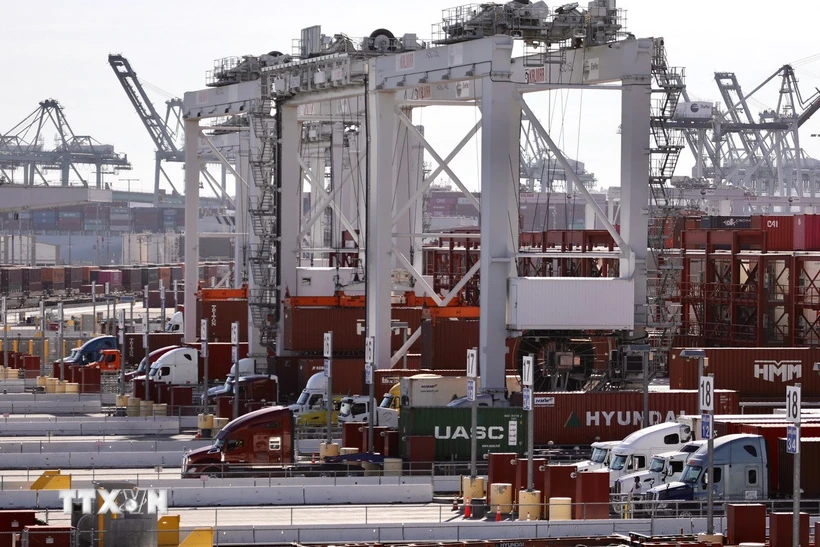

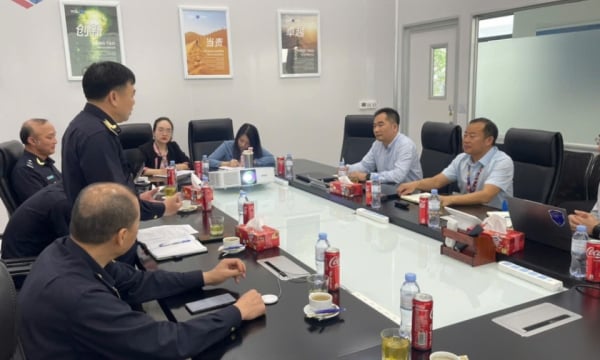




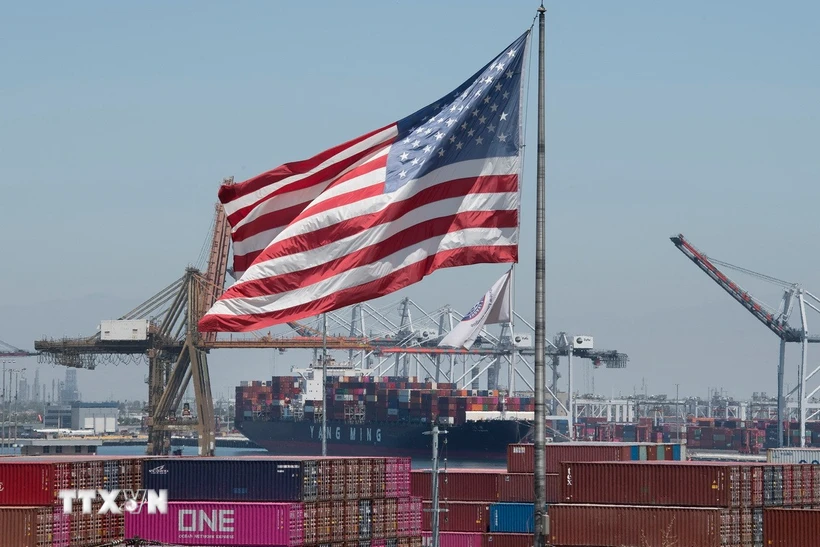

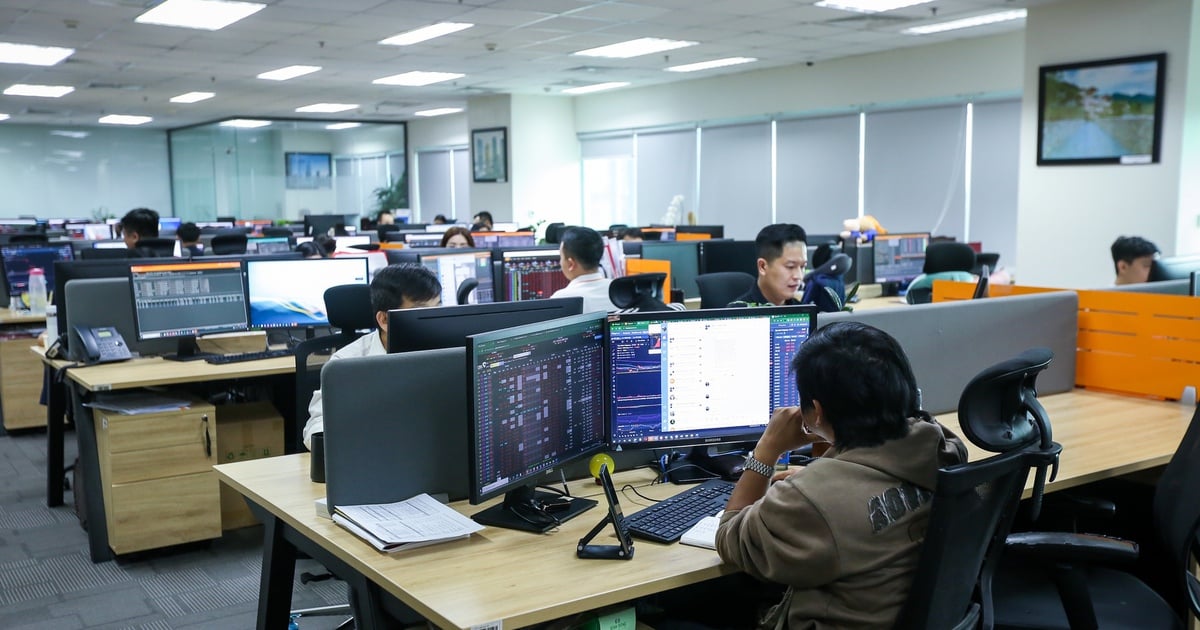















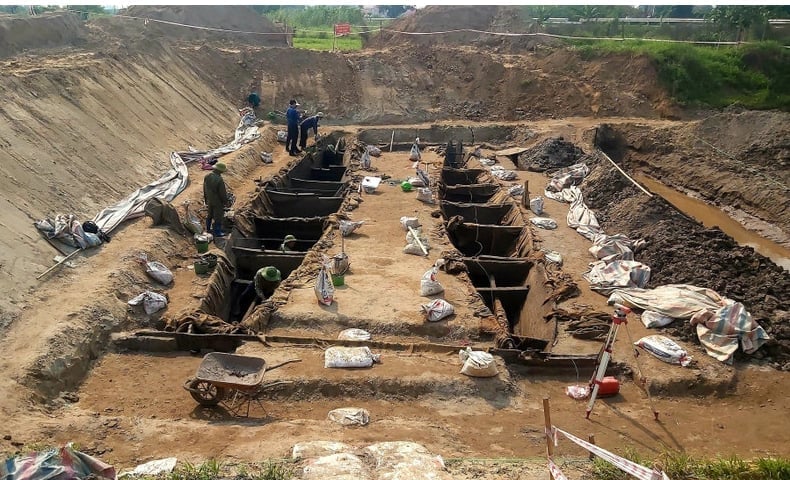
















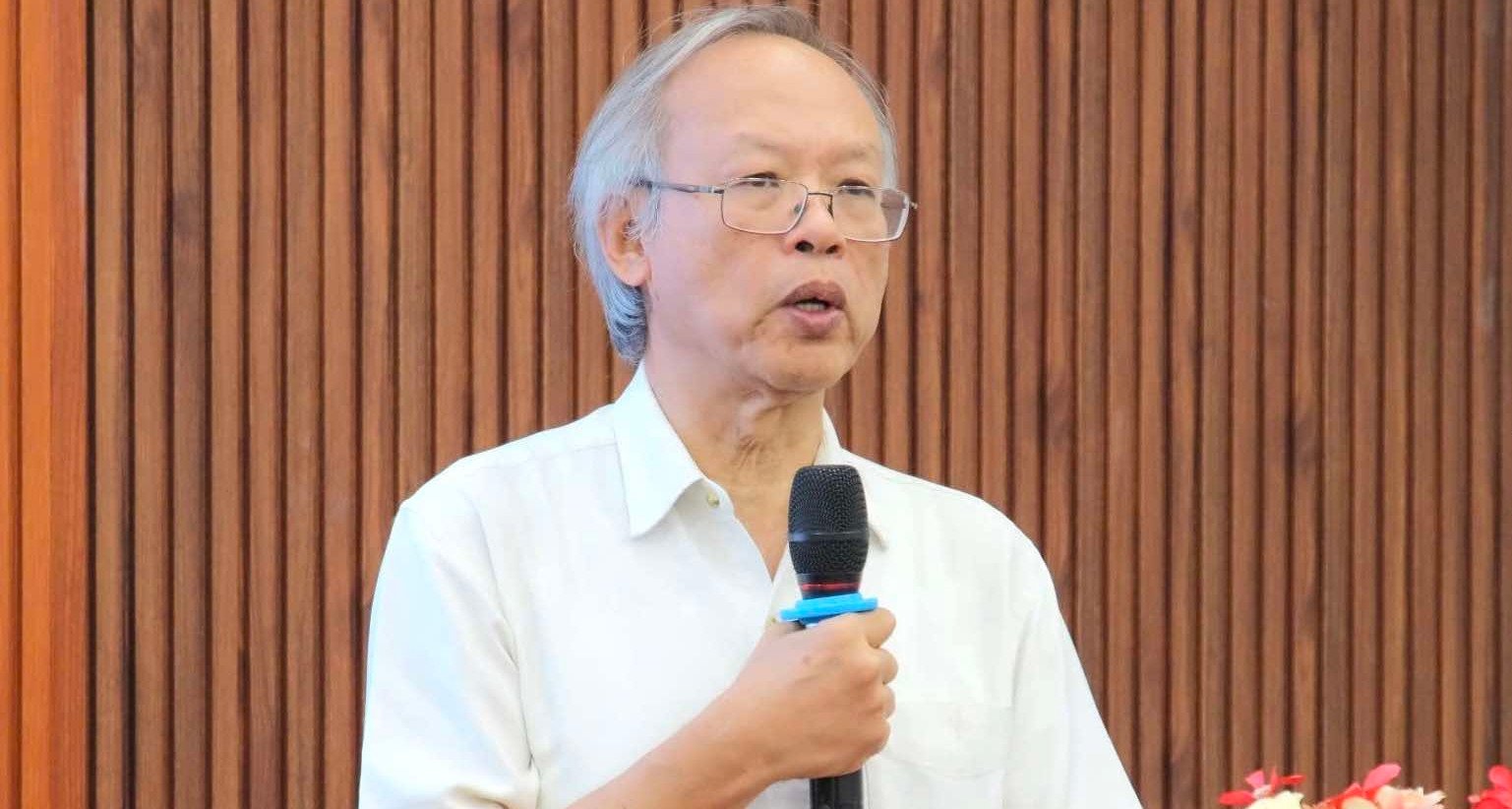



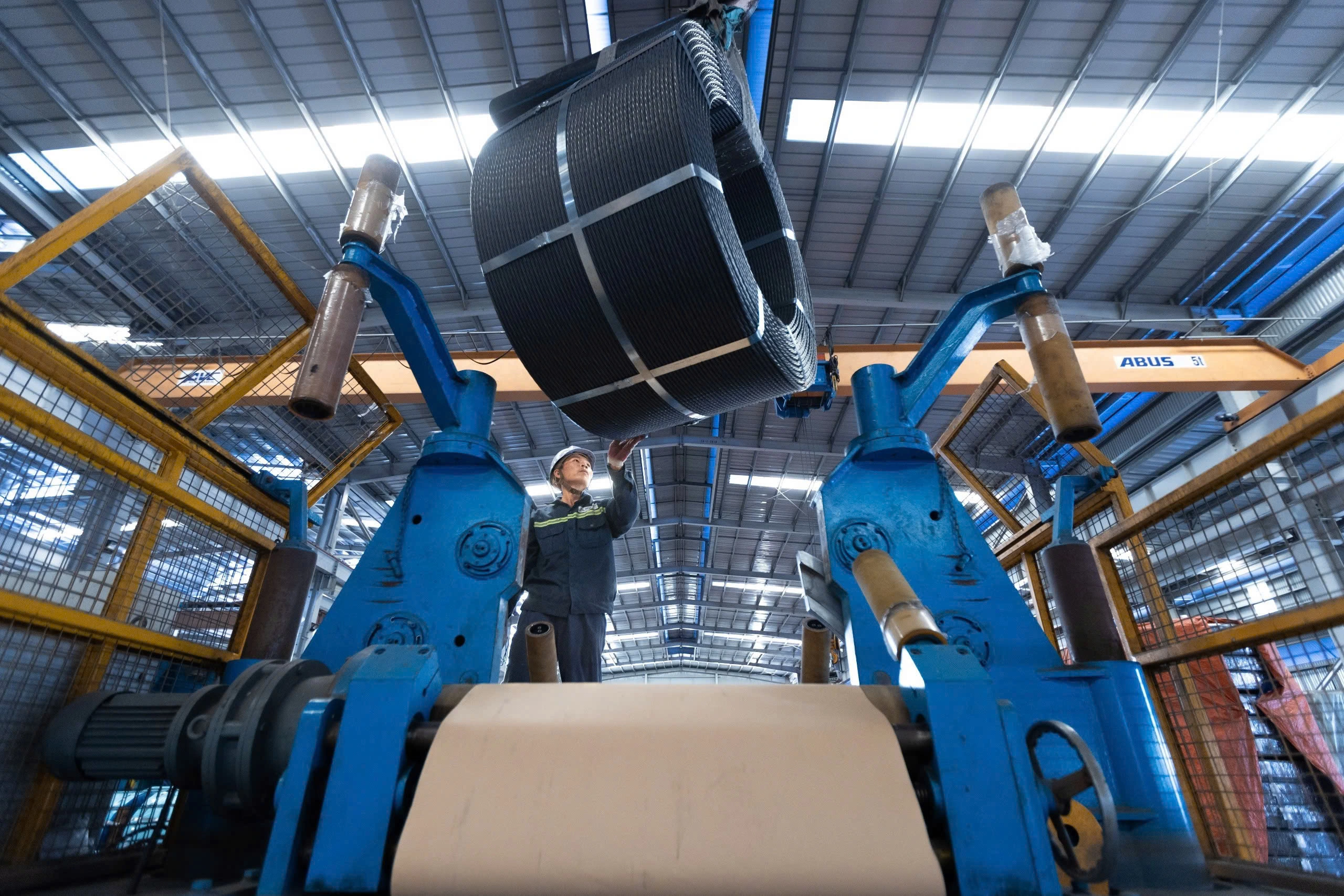

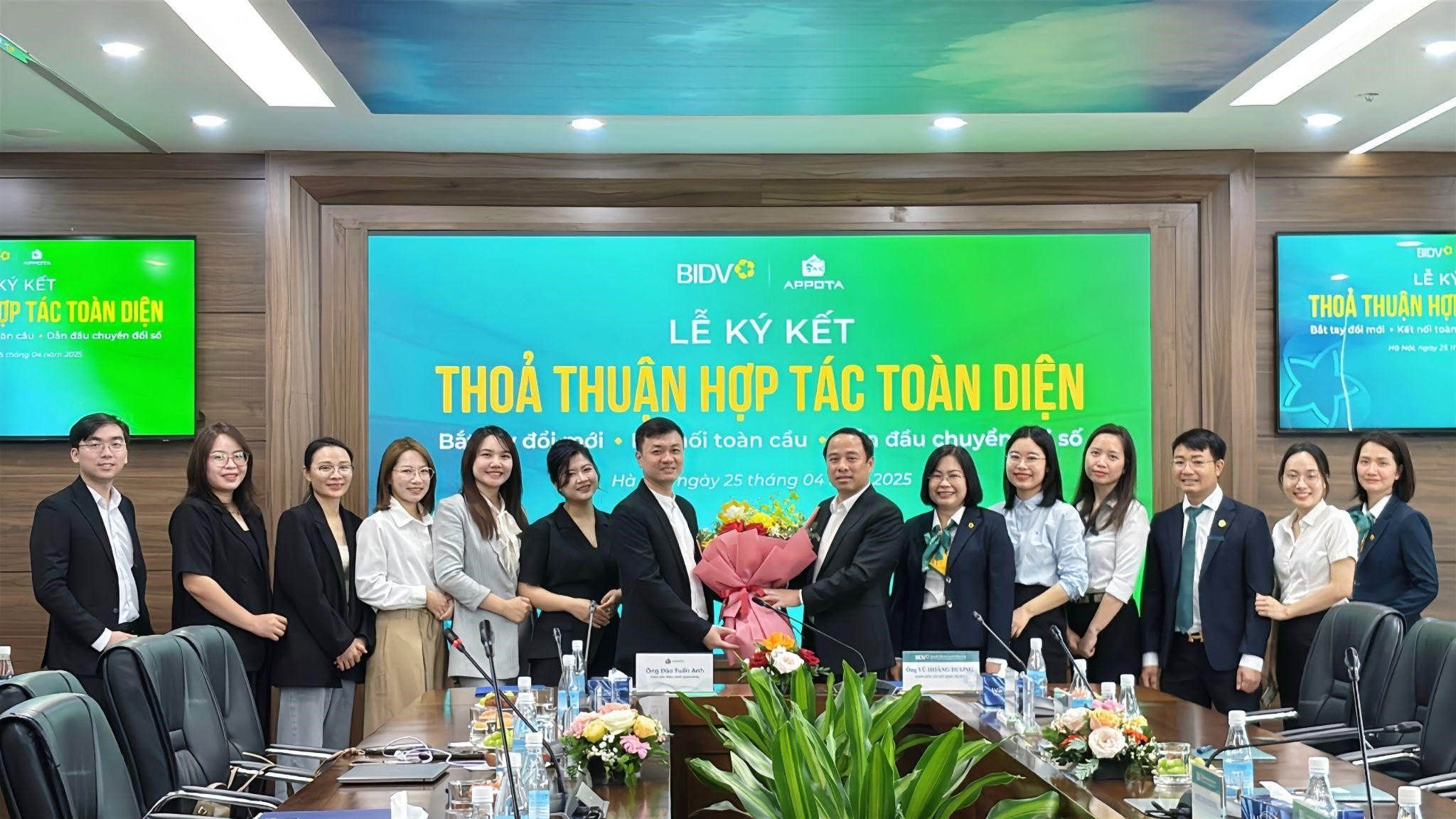

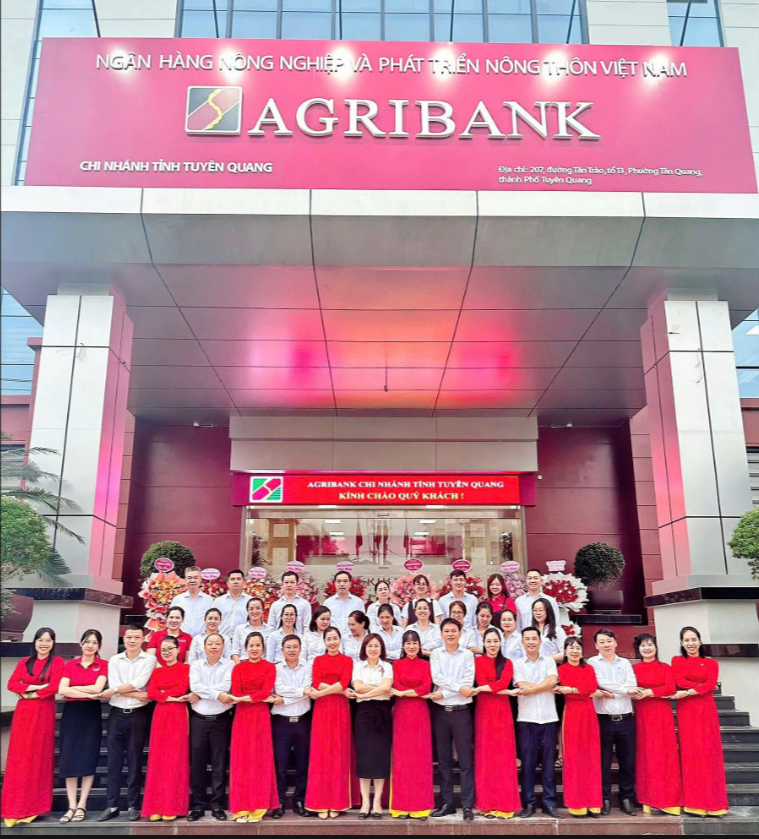





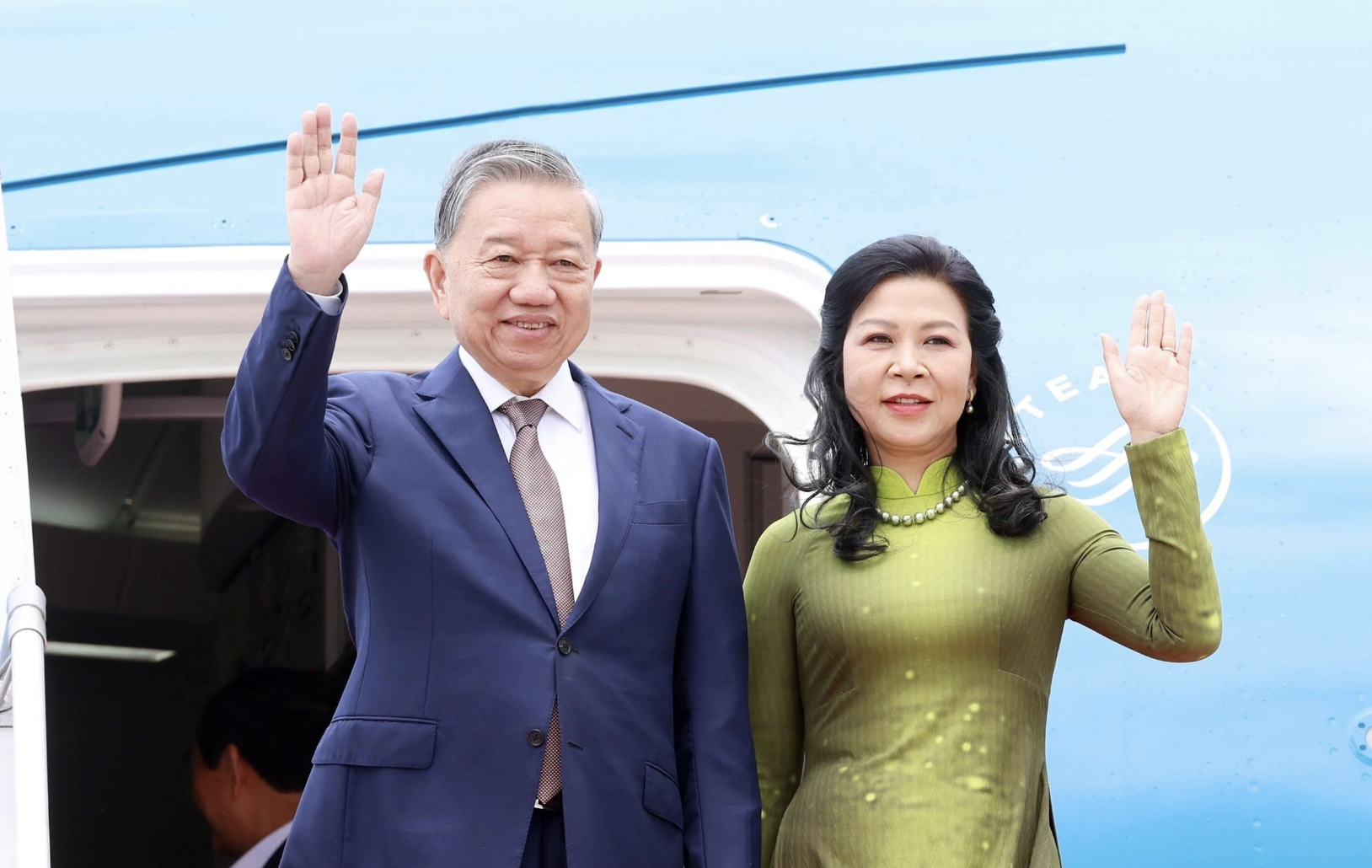





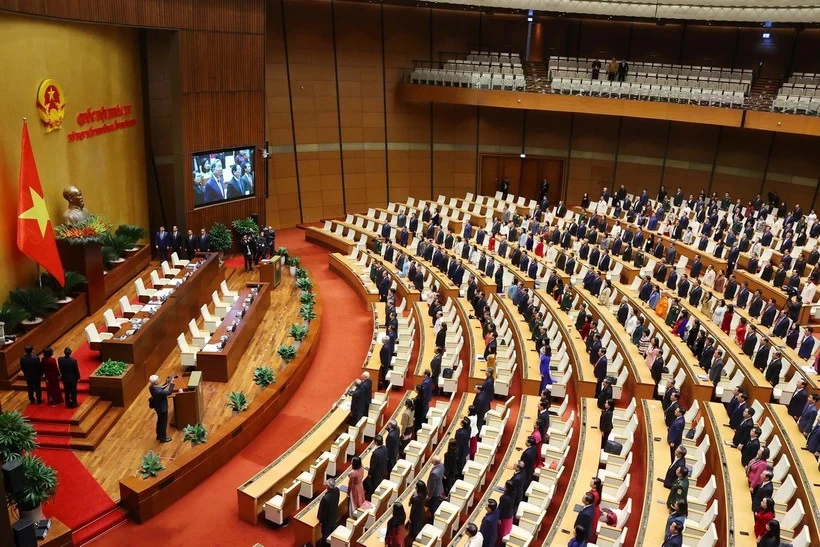












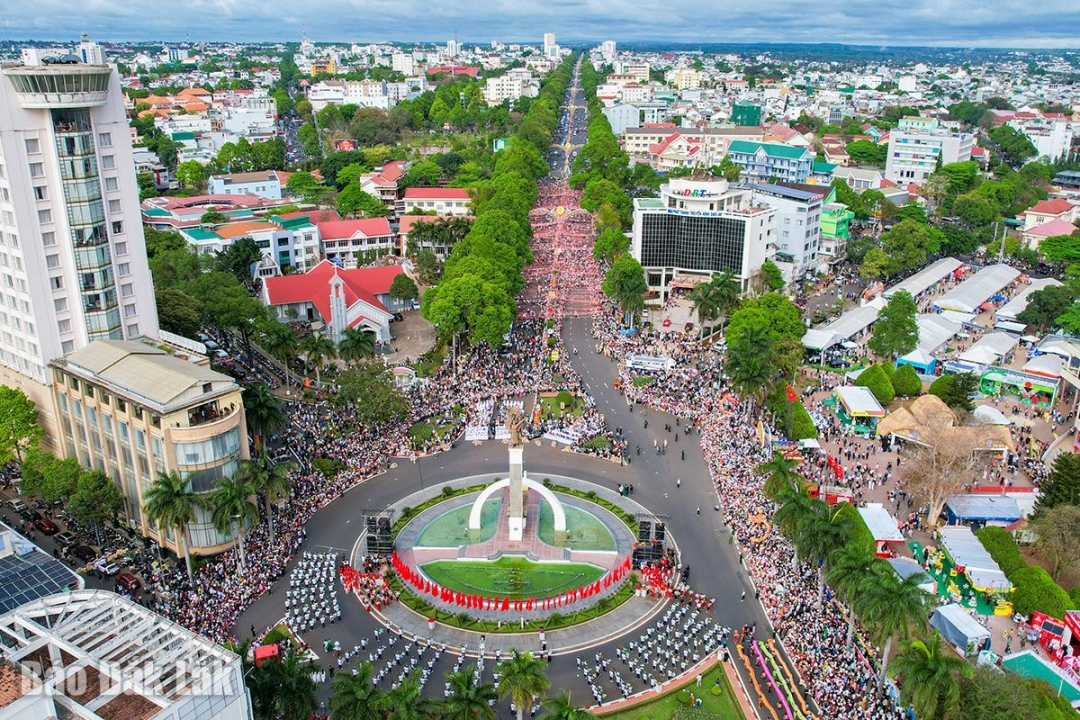










![[Video]. Building OCOP products based on local strengths](https://vstatic.vietnam.vn/vietnam/resource/IMAGE/2025/5/3/61677e8b3a364110b271e7b15ed91b3f)




Comment (0)